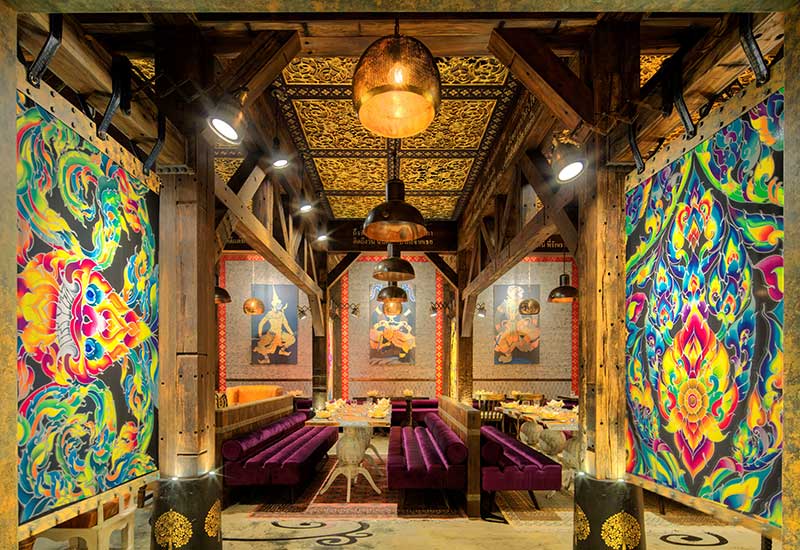How important is value engineering? What are some of the challenges you run into?
David: It is part of our work to ensure the integrity of the design whilst remaining within the developer’s budget. Value engineering is often reduced to basic thoughts, such as replacing a stone with a tile, however I believe it is much more than that – construction details and origin of materials can sometimes weigh in heavily on the cost, therefore as designers we should have a pragmatic approach to our design.
Dausser: Value engineering is important, however, it is usually done in order to revaluate the cost of the fit-out and FF&E in order to reduce costs. A good interior design firm will work according to the client budget and will carefully choose the best materials that match the initial budget of the development while working on the BOQ (Bill of quantity).
Amyas: Traditionally, this has been carried out by the contractor to simplify details and substitute materials for lower cost alternatives. However, at Kinnersley Kent Design we endeavour to develop the design scheme with the client, specifying local products where appropriate and using cost-efficient solutions that work within the budget from the outset. This helps maintain the integrity of the concept by avoiding the need to alter details later on, which can result in a loss of vision for the brand.
Rosha: As designers, we are very specific in the materials we choose and there always is a purpose behind it. The selection of materials so often comes from core brand values and when the value engineering game steps in, it can sometimes defeat the entire purpose of a design. This is why we ensure to support our clients in all stages of the design and build. Value engineering is not about degrading the quality, but offering value for money to our clients.
Martin: Very. Unless a design is challenged or reviewed it cannot be justified or improved. Mojo takes a flexible and collaborative approach at this key stage. We are not precious or egotistical about the design. We understand that form follows function and that design should be cost-effective, quick to build and easy to maintain. Unfortunately by being flexible, if major changes occur, then we need to revisit the overall design to ensure all elements still work in harmony.
Tareq: Value engineering helps for clients who are looking into ROI on their project to balance between money spent and design execution. This balance is important to share with cost control companies and management prior to execution and to set budgets matching expectation.

| Advertisement |









 Search our database of more than 2,700 industry companies
Search our database of more than 2,700 industry companies









